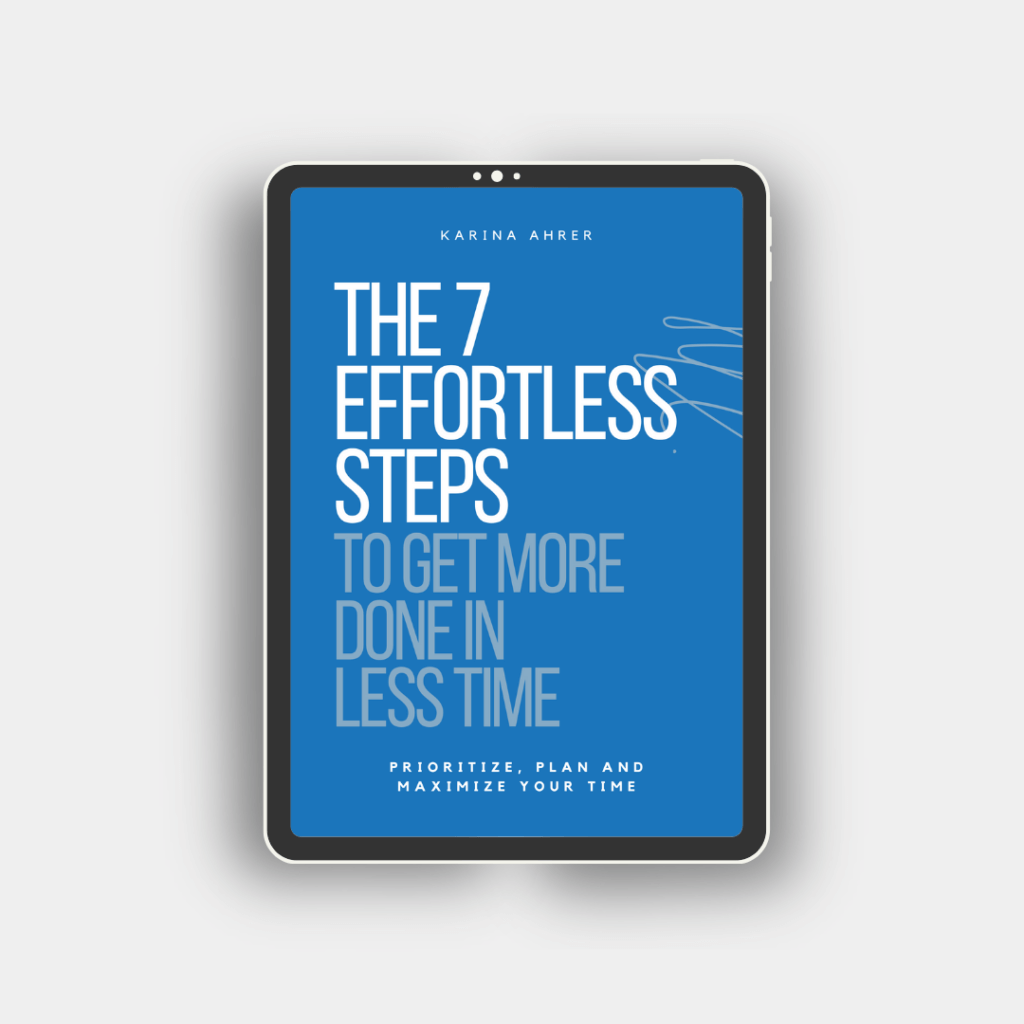What I Learned in Two Years of Student Organization Leadership!
Two years ago, I started the position of president in my student organization. What I learned until then would have been unimaginable for me.
I’m an introvert and I was shy. I don’t think of myself as shy anymore because I did some amazing things during my leadership position. But the shyness is still in me especially when meeting new people and also trusting them. It’s hard for me to trust and to find new friendships especially because I had some disappointments the last years.
I’m an introvert and still a little shy. I challenged myself and took that opportunity of leadership. I’m passionate about my organization and did a lot of amazing things in the last two years.
There were a lot of challenges, failures, and uncomfortable situations but without them, I wouldn’t have grown.
Thinking back you will always feel like you would have loved to have the knowledge you have now to help you back then.
Now I know more and I improved.
These are the things I learned and would have loved to know back then:
How to Do Small Talk
I’m still not the master of small talk especially when the outcome should be selling something.
By leading a team and also welcoming a lot of new people over the last two years I got comfortable with talking to them.
Meeting new people from different cultures is fascinating and the reason why I joined this community. It broadens your horizon and changes your view of the world.
Do you still remember the first time you met someone from far away? And then you thought: oh they are the same.
This happened to me when I met my friends from Mexico. As a European what I knew about the country is what I saw in the US tv series and movies:
- drug smuggling
- Spanish-speaking immigrants
- dangerous
- dry desert
Maybe I just watched too many CSI, police, and action stuff but this was my view of Mexico. It’s crazy.
My friends are just like me: living a happy, normal life. Studying. Now married and getting babies.
Coming back to the topic: doing small talk has become easier for me by:
- repeating
- failing
- trying again
- repeatedly starting again
Accept the challenge and just practice!
Go to networking events and just start talking to random people.
Do you ask yourself now: how do I start?
- Ask a question about the event: how did you like….?
- Give a compliment about something: I like your shirt. Where did you get it from?
- Ask questions about the location: Are you also from here? What do you like about this city?
Start with non-personal questions and then see if you can go deeper.
The best part is: at some point, you can ask for contact information like a number, Instagram, LinkedIn,…
These days I would not ask for the phone number first but for Instagram, Twitter, or LinkedIn. It depends on the event you are attending and the age of the person you are talking to.
“Small talk is the biggest talk we do.”
— Susan RoAne
How to Motivate People
The organization I led for the last two years is a non-profit and only has volunteers, so motivation is an important part.
People (and I) tend to think that everyone has the same kind of motivation for a good cause. I asked myself a lot why some people are not as motivated for this organization as I am.
This was a wrong view of the world. There are a lot of different kinds of motivators for different kinds of people.
Every person is special and so is their motivation.
Keeping the members motivated and engaged without having clear tasks or positions is hard, and was a mistake we made. Not giving members something to do is decreasing their motivation, and if they don’t have any self-initiative they are not doing anything.
Motivation at my work in an office is compared to volunteering similar but not based on tasks. It’s more about how much self-initiative and connection is happening toward a project. If you identify it as one of your own projects, then you will put more effort into it than if you think it’s the company’s project.
Be aware to not identify yourself with projects at work too much, because those are still some from a company, and you cannot control it.
“What you do has a far greater impact than what you say.”
— Stephen Covey
Preparation Is More Important Than Just Problem-Solving
We have a small issue of knowledge transfer to the next board in my organization. People change almost every year and if they don’t get a proper introduction they have to figure out everything themselves.
This is what happened to me and my board, especially because Covid was happening, people changed and events with workshops didn’t happen.
We were all not really prepared for our positions and we fell into the trap of doing only urgent problem-solving. Instead of planning and preparing, we started with extinguishing fires.
After some time we were able to catch up.
Preparation and planning can seem like a waste of time but it’s key for success and less stress. If you already know what you will do if some problem happens, then you can react immediately and with a good solution. If you are not prepared, you will have to improvise and that’s never the best option.
We did the minimum tasks of figuring out and executing and didn’t have time to think of improvements or new ideas.
Prioritization is another crucial point of preparation. You figure out the important tasks of a project, and you will do them first.
The biggest mistake I saw people doing is procrastinating on priorities and doing something else instead. By doing that they didn’t accomplish the crucial minimum of tasks they are responsible for, hence not doing their job.
Don’t be that person! You will think you are busy and doing your job, but you are actually doing the opposite.
By figuring out the priorities first and then doing those, you will be successful.
“Before anything else, preparation is the key to success.”
— Alexander Graham Bell
Conclusion
Working with people in a team can be hard, especially in an environment in which they are still learning and figuring themselves out.
It helped me to understand other people and their motivations, and then be patient.
Let them figure it out on their own!
Having those possibilities of volunteering helps to improve your social and management skills.
Accept the challenge, go out of your comfort zone, and do it!
I did it and it was worth it!
“Every change is a challenge to become who we really are.”
— Marianne Williamson
Do you want to get more time every day for your important things and join my weekly newsletter?
Get your free copy of my tips about how to boost your productivity!

I’m also on Twitter and LinkedIn, you can join and connect with me! I would love to hear from you!
To continue reading my other articles on Medium, join the membership to read unlimited.
If you are as addicted as I am to reading books, then check out my list of favorite books!
Do you live in Austria, Germany, or Switzerland?
You get 60 days of audiobooks for free on BookBeat! A lot of the books from my recommendation list are included!



